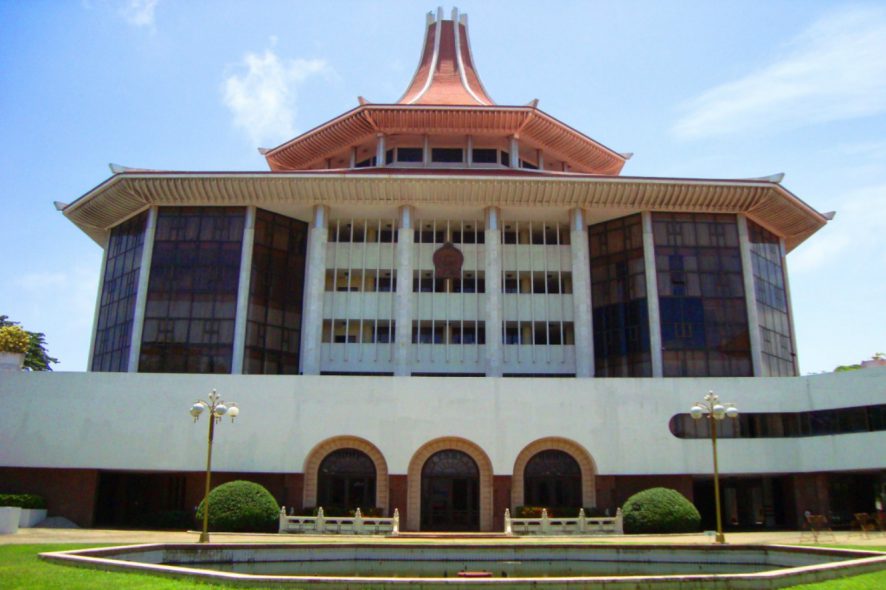Court of Appeal of the Democratic Socialist Republic of Sri Lanka: A Division Bench of Mahinda Samayawardhena and Arjuna Obeyesekere, JJ., dismissed an appeal filed by the petitioner aggrieved by the ex-parte Order of the Consumer Affairs Authority.
The Respondent consumer had purchased a car from the Petitioner Company. During the warranty period, she complained to the Respondent Consumer Affairs Authority (RCAA) about defects in the vehicle and sought the intervention of the latter to get a refund of her payment. The RCAA had initiated an inquiry into the complaint. At the inquiry held the Petitioner had agreed to repair and obtain a valuation report within a week from the date on which the Respondent consumer hands over the vehicle to the Petitioner. However, the Petitioner did not participate in further inquiry without informing the RCAA about their non-availability and the Respondent consumer did and as a result, the RCAA made an impugned ex parte Order whereby the Petitioner was directed to refund the full purchase price to the Respondent consumer. Later on, the petitioner filed an application asking the RCAA to vacate the ex parte Order and refix the inquiry which was rejected and he was informed that proceedings would be instituted in terms of section 13(6) of the Consumer Affairs Authority Act to recover the money payable to the Respondent consumer, as the Petitioner had failed to comply with the directive of the RCAA. Thus the instant appeal was filed seeking to quash by a writ of certiorari and to restrain the Respondent consumer by a writ of prohibition from taking steps to institute proceedings in the Magistrate’s Court in furtherance of the said impugned Orders.
The Counsel for the petitioner, Sanjeewa Jayawardena, P.C., with Charitha Rupasinghe contended that there was no quorum of the RCAA to make the impugned Order and therefore the Order had no force in law and the same was not signed by any member of the RCAA.
The Court while dismissing the appeal emphasized on the written statement filed by the petitioner which said that the “P14 (b) which is an unsigned and unauthenticated and unendorsed and unsigned purported inquiry report, [which] is absolutely unlawful and simply cannot be accepted in terms of the statute”, the Petitioner had itself tendered the signed copy of P14 (b) when it moved to support the application for interim relief. This signed copy of P14 (b) is a part of the Magistrate’s Court proceedings initiated against the Petitioner by the RCAA to recover the money payable to the Respondent consumer. The Petitioner did not challenge the veracity or genuineness of those signatures at that time. The Court further observed that “He who invokes the writ jurisdiction of this Court shall come with clean hands and act in utmost good faith.”
While quoting from one of his judgment in Certis Lanka Security Solutions (P) Ltd v. Weerasinghe, CA/WRIT/191 of 2013 Mahinda Samayawardhena, J., stated
“this principle of law shall not be confined to judicial proceedings but shall be extended to inquiries by any tribunal exercising quasi-judicial or administrative powers that affect the rights of citizens.”
[Micro Cars Ltd. v. Consumer Affairs Authority, 2020 SCC OnLine SL CA 2, decided on 18-09-2020]
Suchita Shukla, Editorial Assistant has put this story together






